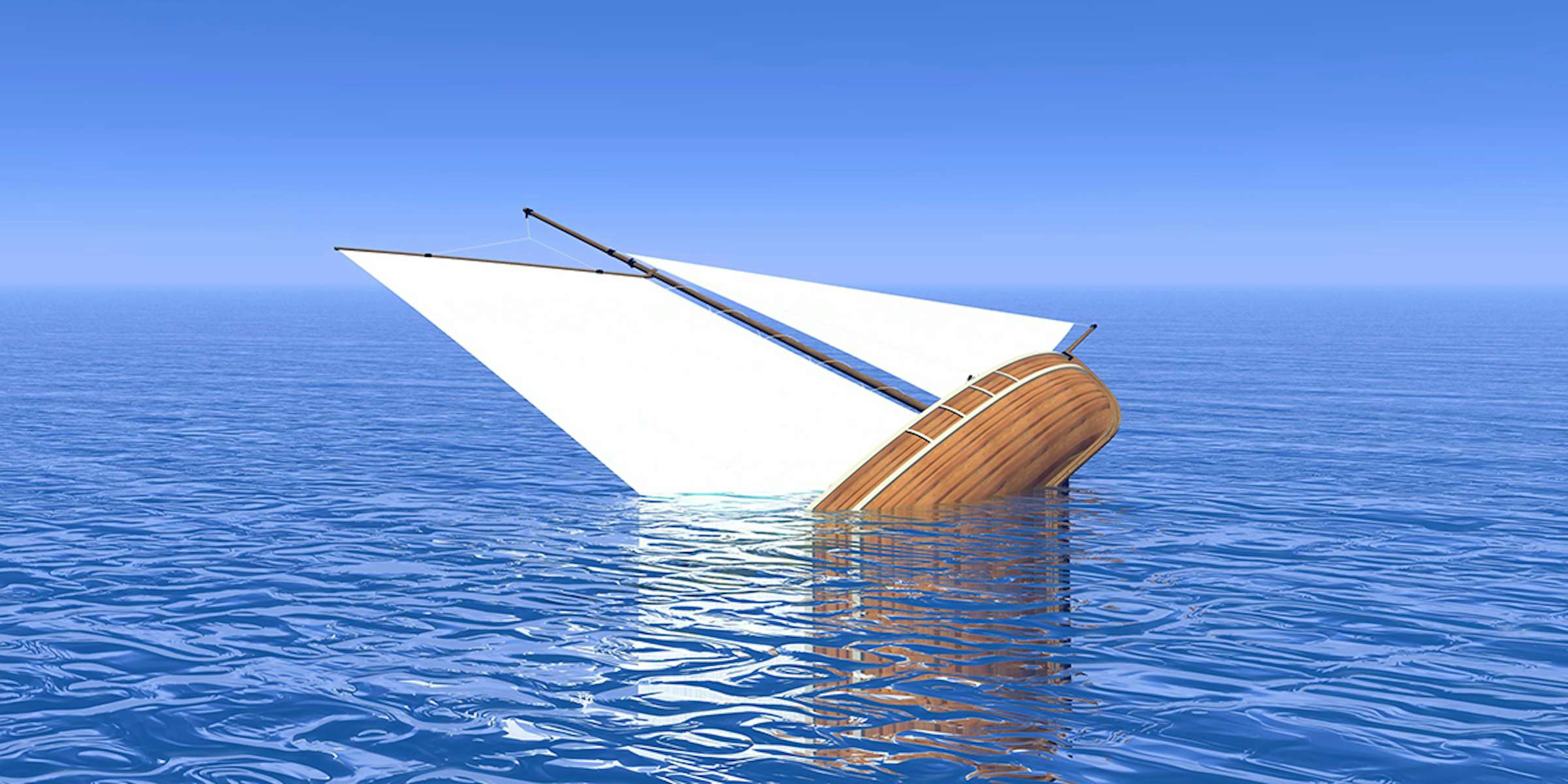
What to Do If Your Boat Capsizes
Boating can be an exhilarating experience, but it's crucial to be prepared for emergencies, especially if your boat capsizes. Capsizing, where a boat flips over and becomes inoperable, is one of the most dangerous situations you can encounter on the water. To ensure your safety and the safety of your passengers, it's important to know what to do if the worst-case scenario becomes a reality. In this article, we'll walk you through the key steps you should take if your boat capsizes and provide essential tips to prevent such an emergency in the first place.
- Stay Calm and Put on a Life Jacket: The first step is to remain calm and put on a life jacket. If you have time, make sure everyone on board is wearing their life vests and secure them properly. Even if you don't have time to put on a life vest, grabbing one and holding onto it can help you stay afloat in the water.
- Use Emergency Signals: Activate any available emergency signalling devices you have, such as an emergency signal transmitter or a whistle. If you have a VHF marine radio or emergency transponder, use the distress button to alert nearby emergency services. Blow the whistle or use your ship's horn to attract attention from other boats in the vicinity.
- Conduct a Headcount: Once in the water, take a headcount to ensure that everyone is accounted for. Confirm that all passengers are in the water and provide assistance to anyone who may need it. Encourage individuals who are farther away to swim towards the group and throw them a survival ring if possible.
- Stay with the Boat: Unless you are certain you can reach the shore, it's crucial to stay with the boat. A capsized boat will still float if it isn't damaged. Cling to the boat to prevent drowning and slowly kick or paddle it toward the shore, especially if the water is calm.
- Assume the HELP Position: If you find yourself stuck in open water, assume the Heat Escape Lessening Posture (HELP position) to retain body heat and stay afloat. Tuck your chin down, cross your arms across your chest, cross your legs, and pull your knees up while tilting back slightly. This position helps you float and conserves body heat, reducing the risk of hypothermia.
- Make Noise and Signal for Help: If you spot another boat nearby, make noise by yelling and waving your arms to attract attention
By following these steps, you can stay safe until help arrives. Remember, prevention is better than cure. Always check the weather conditions, maintain your boat, and follow the safety rules before you head out boating.